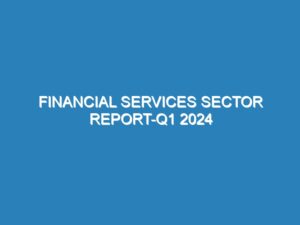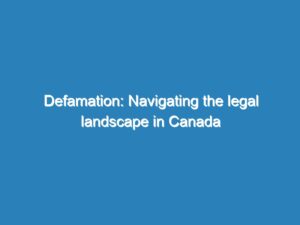Introduction
This case involved a dispute over the ownership of money that had been deposited with the defendant in 1959. The plaintiff claimed that he did not consent to the conversion of his funds, because he had no knowledge that they were being used for anything other than safekeeping by his friend, who was also named as defendant in this suit.
Appellate court’s affirmation of the trial court’s finding that the defendant had not engaged in conversion of the plaintiff’s money, because there was ample evidence that the plaintiff had knowingly and voluntarily ceded control over his funds to the defendant.
The appellate court affirmed the trial court, finding that there was ample evidence that the plaintiff had knowingly and voluntarily ceded control over his funds to the defendant. The court noted that although there was no evidence of actual fraud or knowing misrepresentation, it did not matter: “A person may be guilty under an indirect theory of conversion when he has actually induced another to part with property by deliberately engaging in an artifice or scheme which would lead a reasonable man conclude that such person had already parted with such property for value received.”
The plaintiff deposited funds with his friend, the defendant, for safekeeping.
The plaintiff deposited funds with his friend, the defendant, for safekeeping. The plaintiff expected to get the money back when he borrowed it from his friend. However, after several months passed and nothing happened, he sued his friend for not paying back what was deposited with him.
In this case, there was no contract between these persons because they did not have any prior discussions about how much time would pass before one party could claim ownership of an item or transaction made by another party (such as a deposit). In fact, there were no promises made by either party at all – only assumptions based on past experience which led them to believe that each would eventually receive something from someone else when needed later on down road.”
The defendant used the funds for his own purposes without the consent of the plaintiff.
The defendant then repaid some of the money to the plaintiff.
After the plaintiff had repaid some of his debt, the defendant then repaid some of the money to him.
This meant that after suit was filed and before trial began, there were two separate repayments: one by Shah in 1960 and another by MBOGO in 1961.
The plaintiff later filed suit against the defendant to recover the remainder of the money he claimed was due to him.
The plaintiff later filed suit against the defendant to recover the remainder of the money he claimed was due to him. The trial court ruled in favor of Shah, and he appealed the decision.
The appellate court reversed its previous decision based on what it considered an error in law: while there may be some degree of ambiguity when looking at words like “authorization” or “permission,” they can only mean something when accompanied by other words that make sense and tell us who or what is being authorized—in this case, it would have been obvious that Shah’s friend had authorized him to use his own money as he saw fit. Therefore, according to this ruling (and common sense), since there were no other words used alongside “authorize,” then no such authorization could have occurred between them.*
The defendant contended that he had been authorized by his friend to use the money as he saw fit; therefore, he did not owe any additional money to him.
The defendant contended that he had been authorized by his friend to use the money as he saw fit; therefore, he did not owe any additional money to him. In response, the plaintiff argued that it was not sufficient for the defendant to say that he had been authorized by his friend because such authorization must be coupled with a promise of repayment (see Shah v Shah [1958]).
The Court found in favor of the plaintiff and held that: “A person who uses another’s property without authority thereby becomes liable for damages if there has been no agreement between them on this issue.”
The trial court agreed with this interpretation of events and ruled in favor of the defendant.
The appellate court agreed with this interpretation of events and ruled in favor of the defendant.
The trial court agreed with this interpretation of events and ruled in favor of the defendant.
The appellate court affirmed the trial court’s ruling, ruling in favor of plaintiff.
The appellate court also ruled in favor of
The appellate court also ruled in favor of the trial court’s finding that there was no evidence to support a claim that defendant had converted plaintiff’s money. The appellate court noted that there was ample evidence to show that the plaintiff had knowingly and voluntarily ceded control over his funds to the defendant.
The appellate court affirmed this aspect of its ruling in Shah v MBOGO case because it found no reason not to believe accounts opened by Shah at different banks were for legitimate purposes and further held that he did not convert any sum from these bank accounts into his own possession or use them improperly.
Conclusion
The appellate court also ruled in favor of the defendant, affirming the trial court’s judgment that there was ample evidence that the plaintiff had knowingly and voluntarily ceded control over his funds to the defendant. The Court noted that as a result of this finding, no further damages could be assessed against him.
Knowledge Tree (LLB & ATP/KSL Law Notes)







